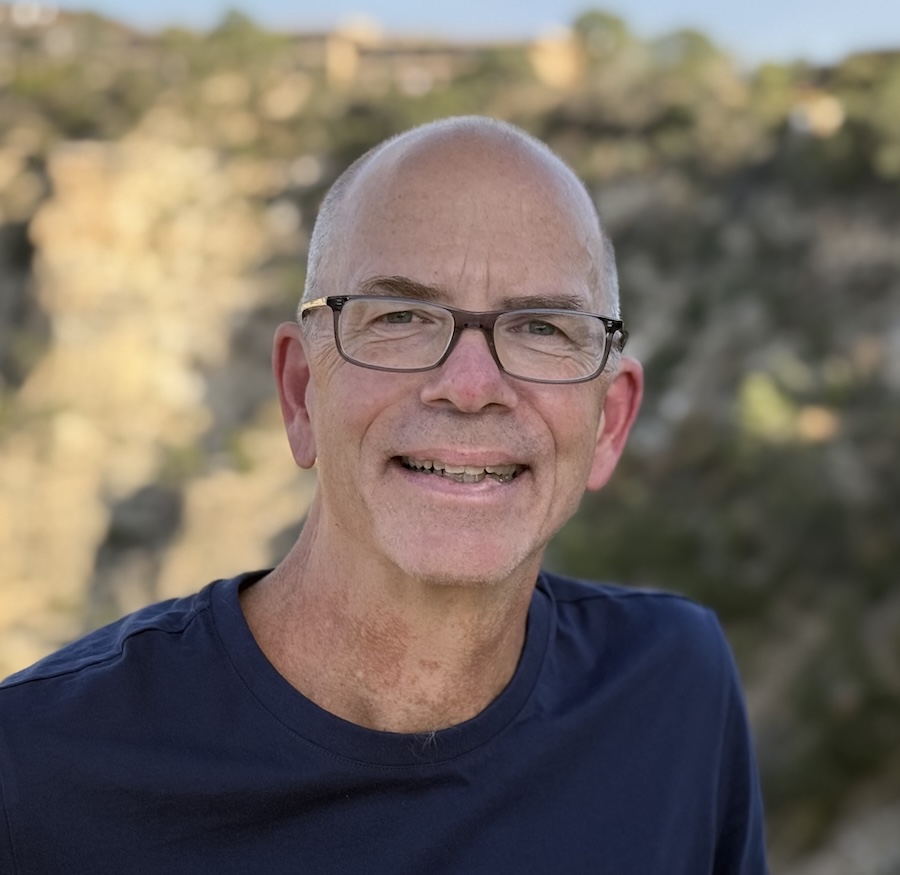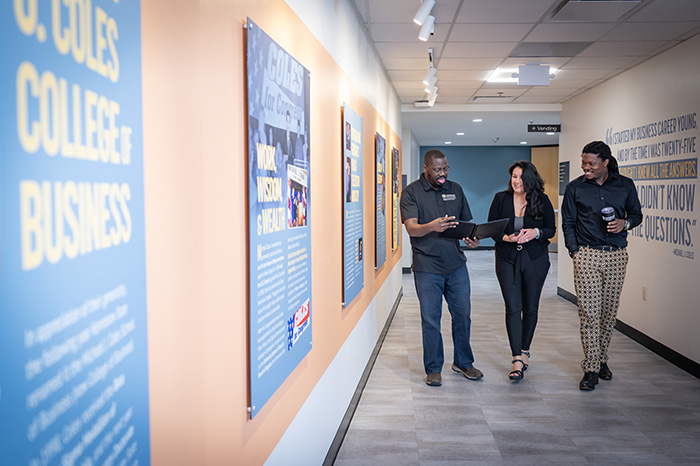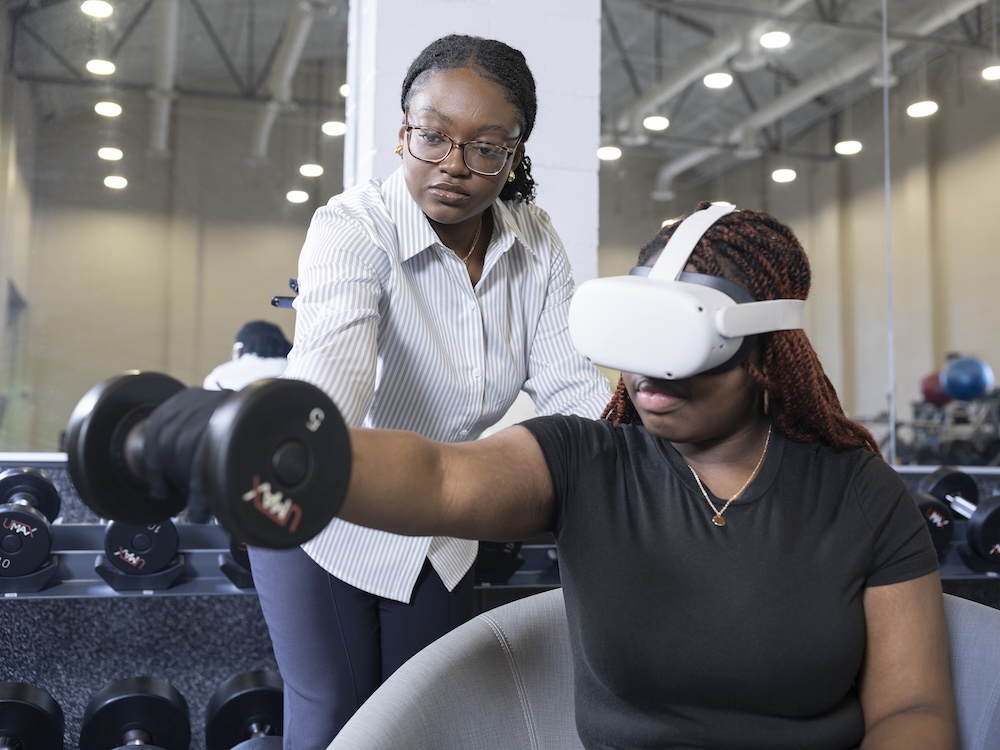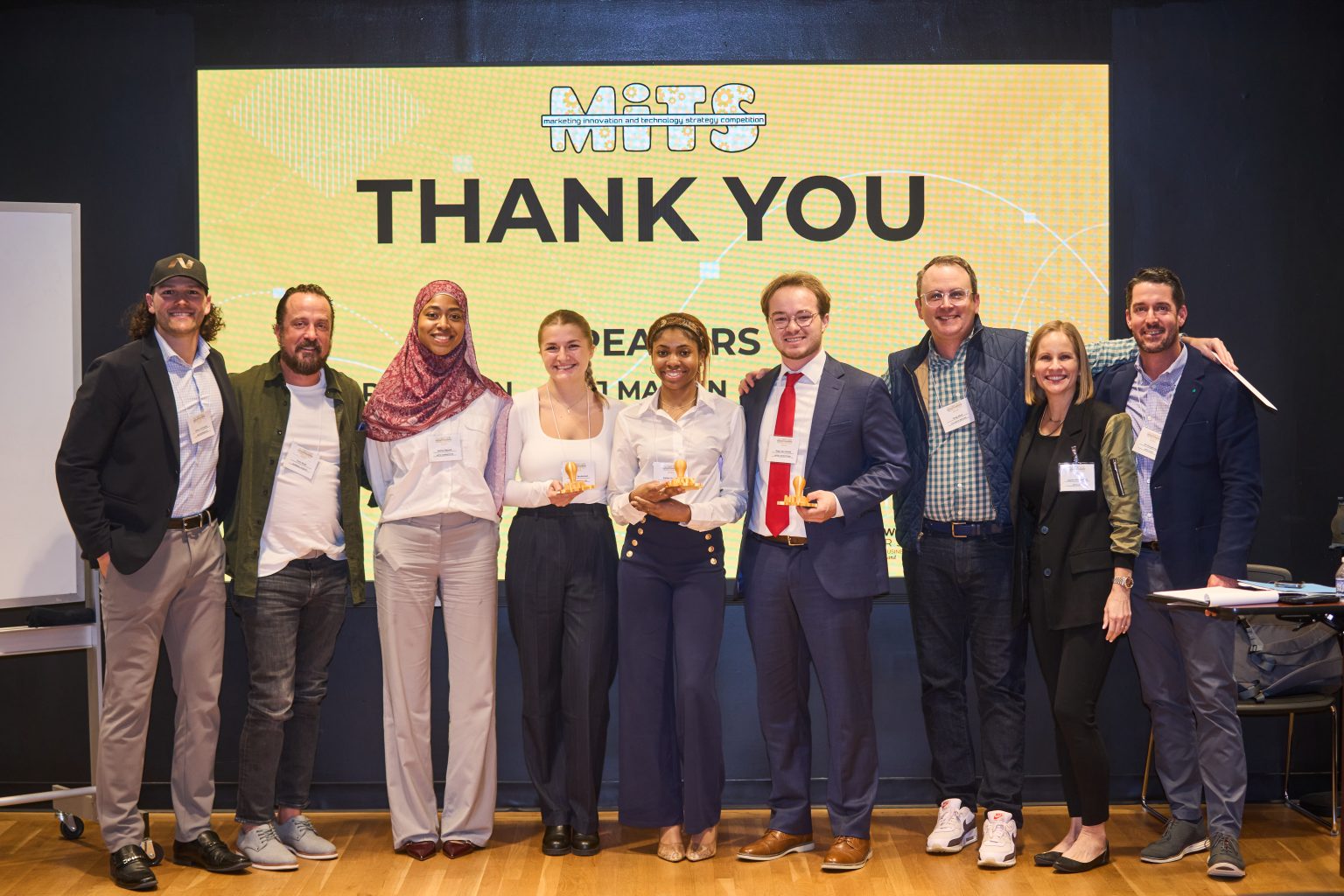
Coles Research Symposium Highlights COVID-19's Impact on Supply Chains
KENNESAW, Ga. | Nov 16, 2021
With political and economic systems struggling to bounce back from disruptions caused by the COVID-19 pandemic, researchers from around the country recently met at Kennesaw State University to share ideas for strengthening those systems.
Kennesaw State’s Michael J. Coles College of Business and the Bagwell Center for the Study of Markets and Economic Opportunity hosted their third Coles Research Symposium on Homeland Security In late October. The event brought researchers to campus from Kennesaw State, Purdue University, University of Georgia, College of the Holy Cross, Coca-Cola, RAND Corporation, and the U.S. Army Engineer Research and Development Center. Their research addressed strategies for preparing for and responding to terrorism, natural disasters, and public health emergencies.

The symposium also provided three Kennesaw State doctoral students from multiple colleges with an opportunity to present their research in these areas to the visiting academics.
Jomon Paul, the Coles College’s director of research and assessment and the event’s chief organizer, said the COVID-19 pandemic shifted the symposium’s tone compared to previous years.
“The COVID-19 pandemic has brought to the forefront the importance of resilience, which is an under-researched topic in the homeland security domain when dealing with disasters,” Paul said. “This formed the key focus of our sessions and potentially will lead to further research collaborations inside and outside the Coles College.”
In homeland security circles, resilience refers to the ability to adapt to and quickly recover from disruptions caused by terrorism, cyberattacks, natural disasters, or a pandemic. While most organizations and government entities strive to design their critical infrastructure to be resilient, the pandemic has revealed that their efforts are not always successful.
One of the two keynote speakers was Igor Linkov, senior scientific and technical manager for the US Army Engineer Research and Development Center. During his presentation, he argued that the global trend in supply chains towards just-in-time inventory – where goods are not purchased until they are needed – has left them snarled in a post-COVID world. Governments and businesses, he argued, should instead strive for maintaining extra “just-in-case” capacity.
“Our supply chain was designed to be efficient,” Linkov said. “It was not designed to be resilient. While this approach has many benefits, the COVID-19 crisis shows how it also has reduced the resilience of key systems to shocks, and has allowed failures to cascade from one system to others.”
Among the other research projects featured at the symposium were an investigation into the link between immigration and terrorism, a look at the power of individualized training programs to prevent healthcare provider data leaks, and how it is possible to apply economic principles to understand the causes of political conflicts.
A highlight of each year’s symposium is the student poster sessions. DeJarvis Oliver, a doctoral candidate in the PhD in Business Administration program’s information systems concentration, was one of three students participating. His ongoing research examines the factors influencing a patient’s decision to withhold personal information from their healthcare provider. He plans to conduct a consumer survey designed to identify ways to increase patient trust.

“My goal is to help policymakers look at other factors they might not have considered when designing healthcare systems that might encourage disclosure,” Oliver said. “Conversely, we might see that more privacy-aware people are dissuaded from disclosing. I hope [my findings] encourage patient disclosure willingness and, subsequently, more precise healthcare directives.”
For Paul, student engagement is one of the most important aspects of the symposium. In addition to hosting the poster session, Paul invited undergraduate students to attend each of the symposium’s presentations.
“Student engagement allows us to celebrate student excellence,” he said. “It also provides encouragement for them to pursue impactful research by getting them an audience with academic and industry experts in the homeland security domain. And it gives them an opportunity to see firsthand the applications of concepts covered in the classroom.”
For more details on the event and the featured speakers, please visit the Coles Research Symposium on Homeland Security Homepage.
-Patrick Harbin
Related Posts

Kennesaw State professor honored by American Accounting Association as 2025 Presidential Scholar

CEO Magazine Ranks Kennesaw State Executive MBA Top Program in Georgia, No. 10 in the World

Kennesaw State business student finds research niche in virtual reality

Third Annual MITS Event Showcases Creativity with Braves Collaboration














